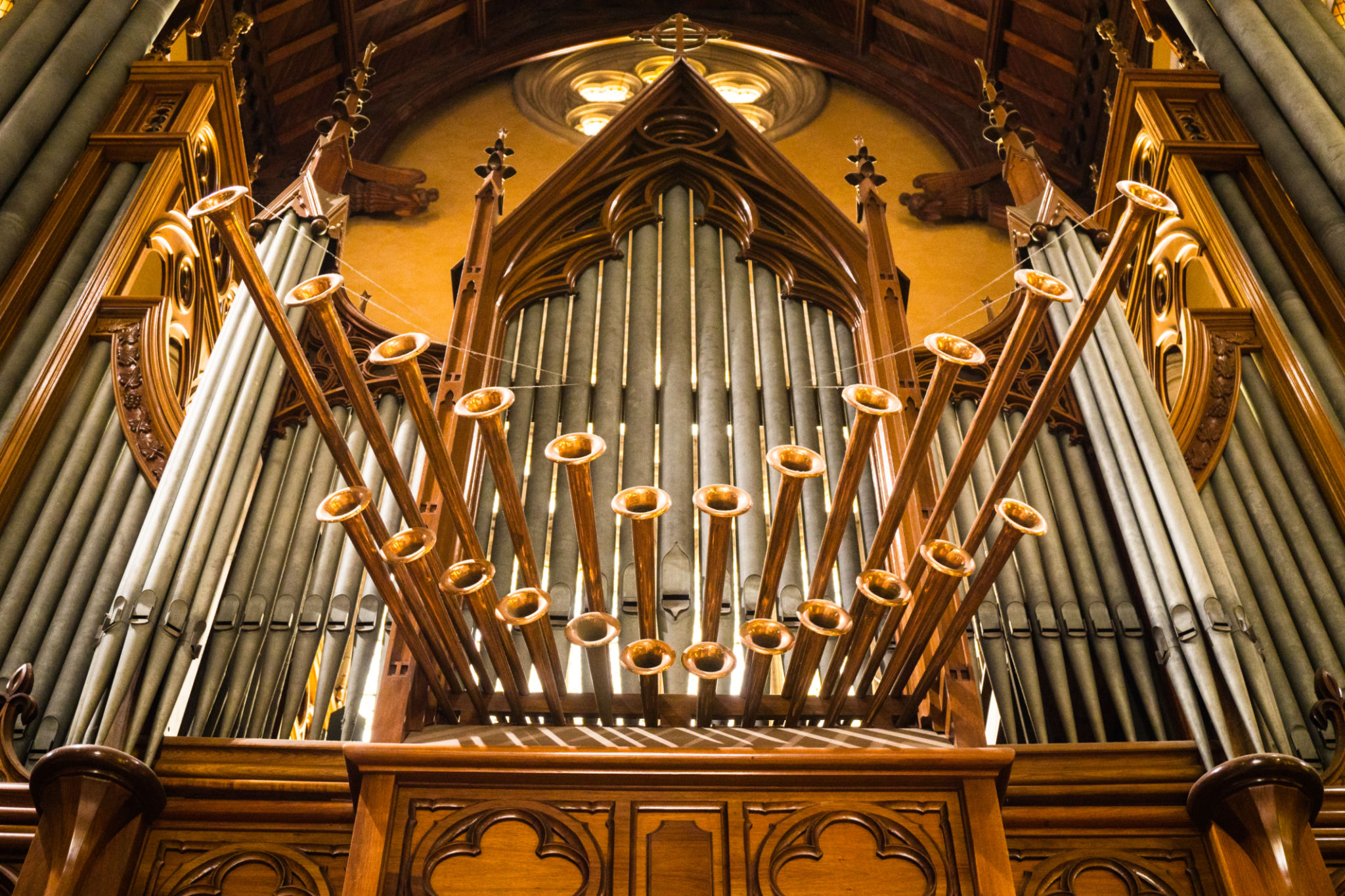Frequently Asked Questions About Organ Music in Portugal
What is the History of Organ Music in Portugal?
Organ music in Portugal dates back to the medieval period, gaining significant momentum during the Renaissance and Baroque eras. The introduction of the pipe organ to Portuguese churches and cathedrals marked a pivotal moment for sacred music, with these grand instruments becoming a staple of ecclesiastical ceremonies.
Portuguese composers were heavily influenced by their European counterparts, particularly from Spain and Italy, leading to a unique blend of styles. Over time, Portugal developed its own distinctive sound, characterized by intricate harmonies and emotive melodies.

Where Can You Experience Organ Music in Portugal?
Portugal is home to several historic sites where organ music can be experienced in all its glory. Some of the most notable venues include the Monastery of Jerónimos in Lisbon and the Sé Cathedral in Porto. These locations not only offer a rich musical experience but also a glimpse into Portugal's architectural splendor.
Many churches across the country host regular organ recitals, particularly in cities with a deep-rooted musical tradition. Attending these performances can be an unforgettable experience for both locals and tourists alike.
Festivals and Events
Each year, Portugal hosts numerous festivals celebrating organ music. The Braga Organ Festival and the Lisbon Organ Festival are two prominent events that attract renowned organists from around the world. These festivals provide an excellent opportunity to witness masterful performances and appreciate the cultural significance of organ music in Portugal.

Who Are Some Notable Portuguese Organists?
Portugal has produced several notable organists who have significantly contributed to its rich musical heritage. Names like João Vaz and António Carreira are often cited for their exceptional skill and influence on the development of organ music in the country. Their compositions continue to be celebrated both locally and internationally.
These musicians have not only preserved traditional forms but have also experimented with modern techniques, ensuring that organ music in Portugal remains vibrant and evolving.
How Does Portuguese Organ Music Differ from Other Genres?
Portuguese organ music is distinguished by its unique blend of traditional harmonies and innovative compositions. Unlike other European styles that might focus heavily on either melody or harmony, Portuguese organ music strikes a balance that is both intricate and emotionally resonant. This distinctiveness is a testament to Portugal's ability to adapt and integrate diverse musical influences over centuries.

Influence of Regional Styles
The regional diversity within Portugal also contributes to the variation in organ music styles. For instance, northern regions might exhibit more robust and vibrant compositions, while southern areas lean towards more subdued and reflective pieces. This regional variation adds another layer of richness to the country's organ music tradition.
How Can One Learn More About Organ Music in Portugal?
For those interested in delving deeper into the world of Portuguese organ music, several resources are available. Many universities and conservatories offer courses focused on this genre, providing both theoretical knowledge and practical experience. Additionally, attending live performances and engaging with local musicians can offer invaluable insights.
Books, documentaries, and online resources also serve as excellent starting points for anyone keen to explore this fascinating aspect of Portugal’s cultural heritage.
